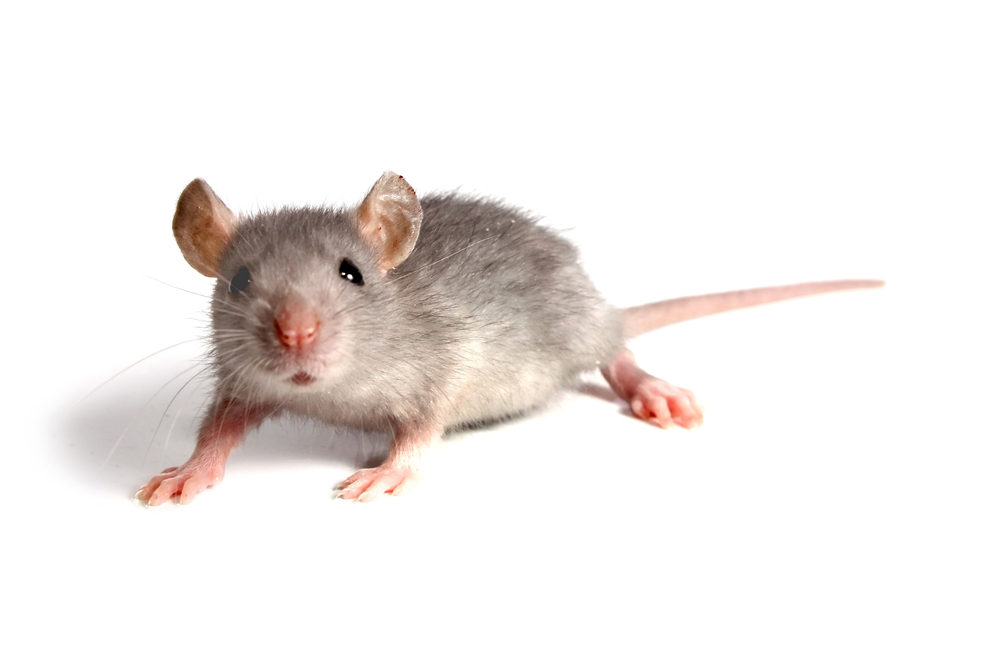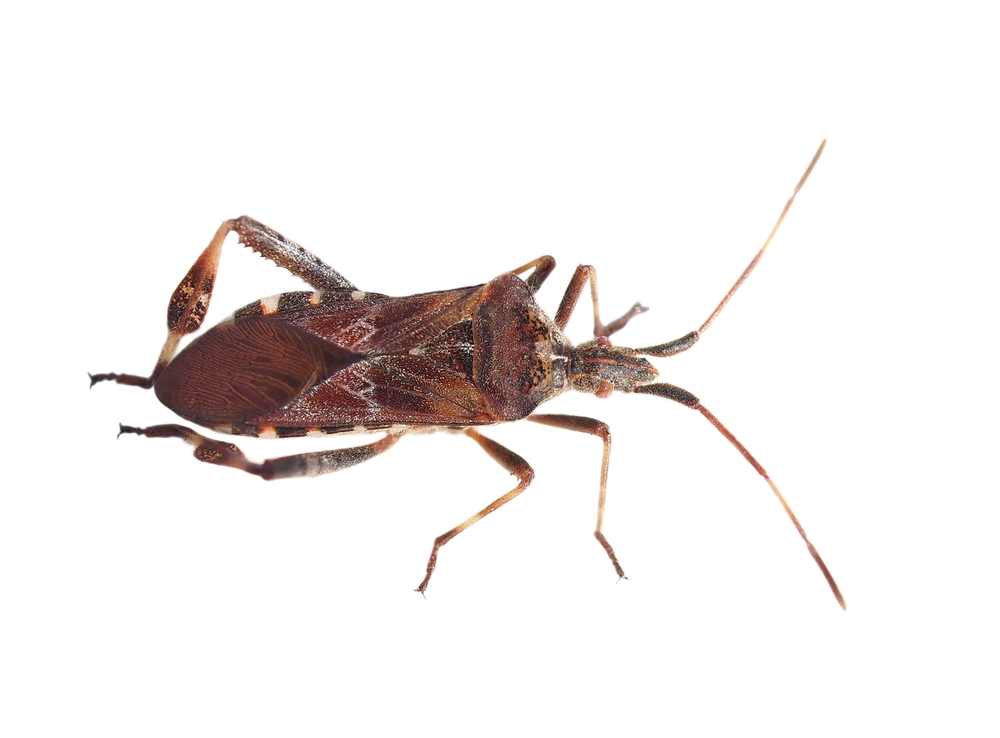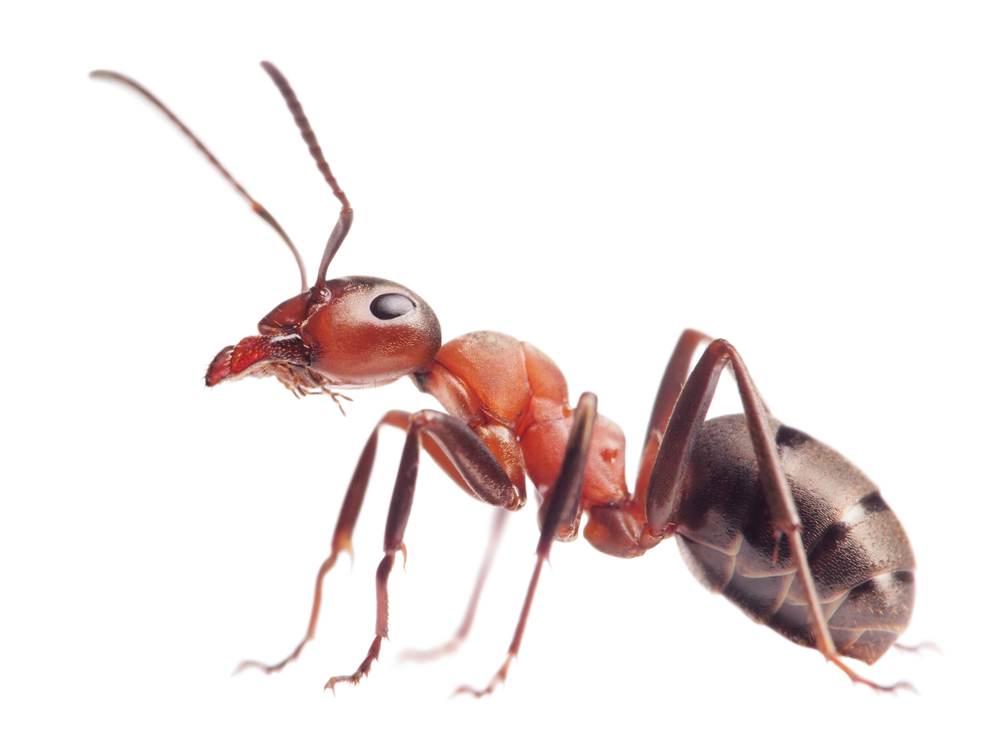Can pest control get rid of mice?

Can pest control get rid of mice? Yes, pest control services can be very effective in getting rid of mice. Mice are common household pests that can cause a variety of problems, including damage to property, contamination of food, and the spread of disease. Fortunately, there are many methods that pest control professionals can use to eliminate mouse infestations.
Kissing Bugs Are Assassin Bugs

Kissing bugs are assassin bugs. What are assassin bugs? Most members of the family are fairly easily recognizable; they have a relatively narrow neck, sturdy build, and a formidable curved proboscis. Large specimens should be handled with caution, if at all, because they sometimes defend themselves with a very painful stab from the proboscis. Read More
Ant Control Starts With Knowing All About Ants

Ant control starts with knowing all about ants. Ants appear in the fossil record across the globe in considerable diversity during the latest Early Cretaceous and early Late Cretaceous, suggesting an earlier origin. In other words, they’ve been around for a long, long time.
Read More
Is Pest Control Worth It?

Is pest control worth it? When you first see little critters skittering about, you might be tempted to go to your local hardware store to buy some sprays or traps to take on the problem yourself. However, hiring a pest-control professional will save you time, money, and effort in the long run… and be more effective. And that’s a good thing!
Read More
Do Mice Hibernate?

Do Mice Hibernate? Whether in the wild or inside a house, mice do not hibernate during cold seasons. They spend the cold months actively foraging for food, seeking shelter (Your home?), and avoiding predators.
Read More
Are House Mice Dangerous?

Are house mice dangerous? They may be cute (sort of), but they are dangerous. Mice are the most common rodent pest in most parts of the world. They can breed rapidly and adapt quickly to changing conditions. In fact, a female house mouse can give birth to a half dozen babies every three weeks, and can produce up to 35 young per year.
Read More
